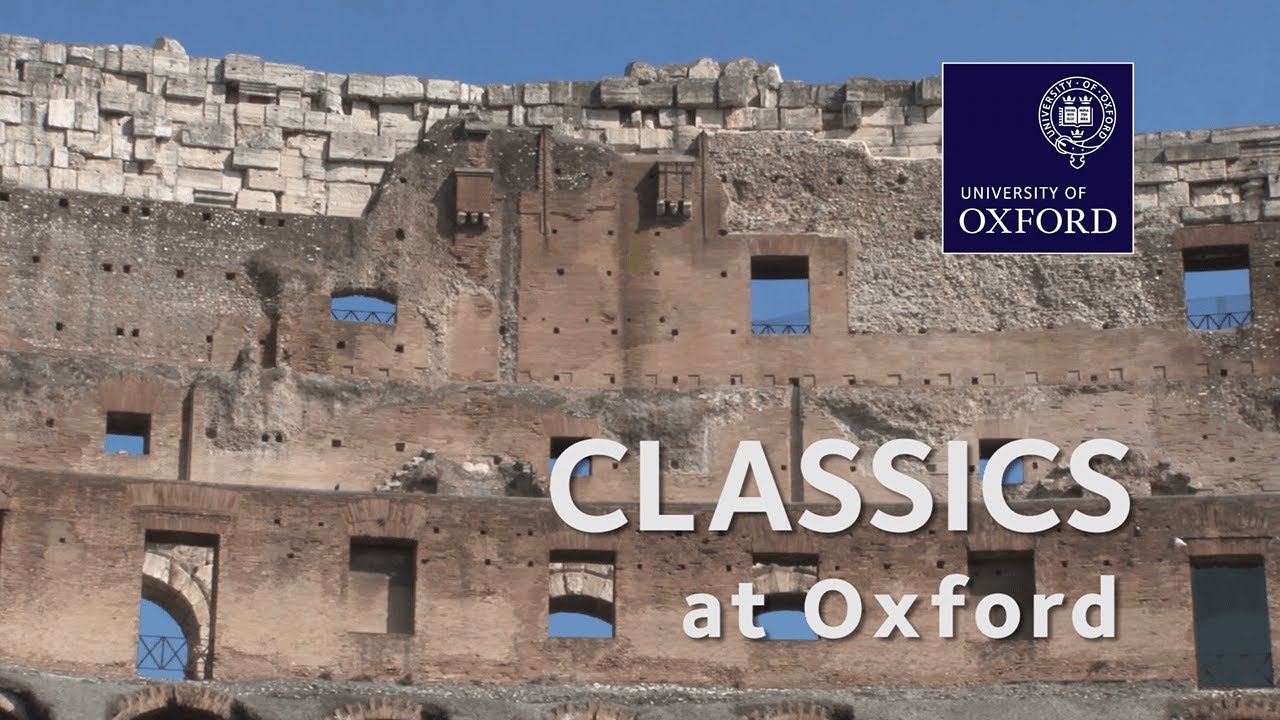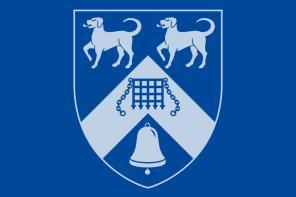Overview
Classics is a wide-ranging and dynamic field with something for everyone interested in the study of ancient Greece and Rome. As taught in Oxford, it offers a huge breadth of options across classical literature, history, art, archaeology, philosophy (ancient, medieval, and modern), and philology and linguistics; it also offers the chance to study the cultures and societies with whom the Greeks and Romans interacted. At the heart of all our Classics courses is the reading and close study of classical texts in the original ancient Greek or Latin. It is not necessary to have studied either language before starting the course: we accommodate all levels of previous experience, from complete beginner to A-level standard or equivalent.
There are four Classics-related undergraduate degree courses available in Oxford, ranging from 3 to 5 years in duration. These are the BA in Classics (officially known as Literae Humaniores, and always 4 years); the BA in Classics and English; the BA in Classics and Modern Languages; and the BA in Classics and Asian and Middle Eastern Studies. LMH currently admits students for the first three of these courses. For information on them, see the links below.
Classics at LMH
LMH typically admits five students a year for Classics (Literae Humaniores) and one or two for Classics and English and/or Classics and Modern Languages, though the numbers vary slightly from year to year. Classics undergraduates form part of a lively, sizeable, and supportive community at LMH which includes undergraduates reading Classical Archaeology and Ancient History and Ancient and Modern History, and the college’s graduate students in relevant subjects. We meet on a regular basis for subject-based social events and other gatherings (the annual quiz night is a highlight!). The LMH Library is well-stocked for all aspects of our undergraduate courses (especially ancient literature and history). The college also offers financial support (the Academic Development Fund) for course-related academic travel to classical sites, archaeological fieldwork projects, and participation in summer schools during the vacation (for example the summer courses for undergraduates run by the British Schools at Athens and Rome).
Classics is organized and taught at LMH by Christina Kuhn (Fellow and Tutor in Ancient History) and Guy Westwood (Fellow and Tutor in Classics), with the support of a Lecturer in Latin (Domenico Giordani), two Senior Research Fellows in Classical Archaeology (Thomas Mannack and Claudia Wagner), and our colleagues in philosophy and other related disciplines. We are all active researchers in our various fields as well as committed and enthusiastic tutors. You can find out more about us by following the links at the bottom of this page.
Classical literature and ancient history have been taught at LMH almost since the college’s foundation; an LMH student, Barbara Bradby, made history in 1896 by becoming the first woman to achieve a first class in both parts of the Oxford Classics degree. (She went on to become a noted social historian and you can find out more about her here.) The subject has thrived here ever since: LMH can count a number of distinguished scholars among its past tutors, including A. M. (Marjorie) Dale (best-known for work on Greek tragedy and lyric), L. H. (Anne) Jeffery (specialist in archaic Greek history), Winifred Hicken (editor of Plato’s dialogue Theaetetus), and in more recent times Richard Jenkyns (scholar of Latin and Greek poetry and the classical tradition), Simon Price (historian especially of Greek and Roman religion), and Amin Benaissa (now Professor of Papyrology and based at Christ Church). The Roman social historian Susan Treggiari read Classics here and is an Honorary Fellow of the college.
Admissions requirements and course information
AAA (with As in Latin and Greek, if taken). More information on other requirements and how to apply can be found here and here. Visit the website of the Department of Classics.
Careers prospects
Many employers value Classics degrees for the discipline, cultural breadth, and capacity for critical thinking and analytical writing that they instil in students. Recent LMH Classics graduates have gone on to work in a wide range of the professions (especially law, the civil service, the media, education, and finance), but the degree opens a huge number of interesting and worthwhile doors beyond these as well. A sizeable number of LMH Classics graduates have pursued (and continue to pursue) postgraduate study in Classics or adjacent disciplines, and several have become leading figures in these fields.
Related courses offered at LMH
Classics Faculty podcasts
The Classics Faculty is really pleased to share with you their Regional Classics podcast series. This features discussions with current students, staff and alumni from regions of the UK that have traditionally been underrepresented within the Faculty, about their relationship with the Ancient World. We hope the podcast, as well as being a great listen, will encourage prospective students and show that Oxford Classicists can and do come from a wide cross-section of society from across the UK (and beyond).





